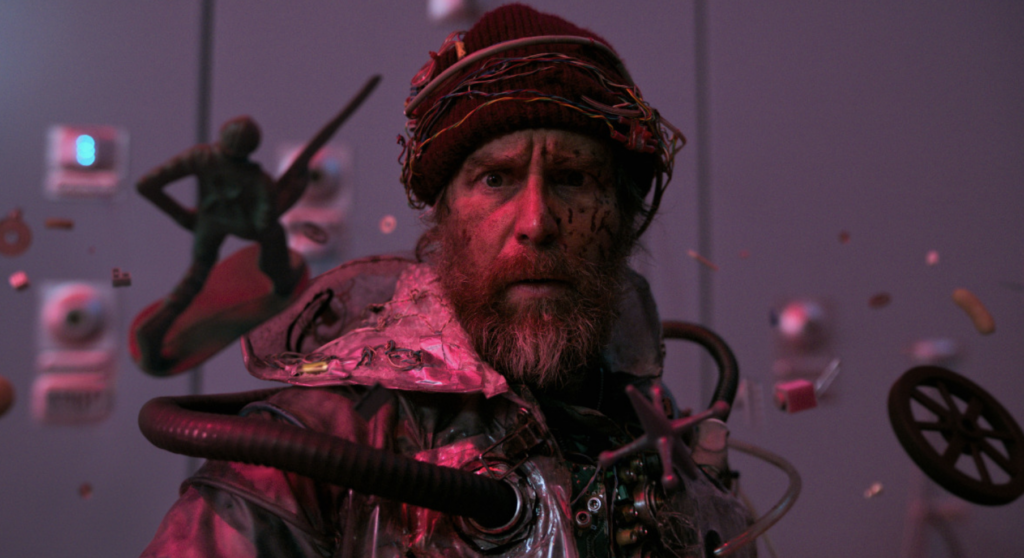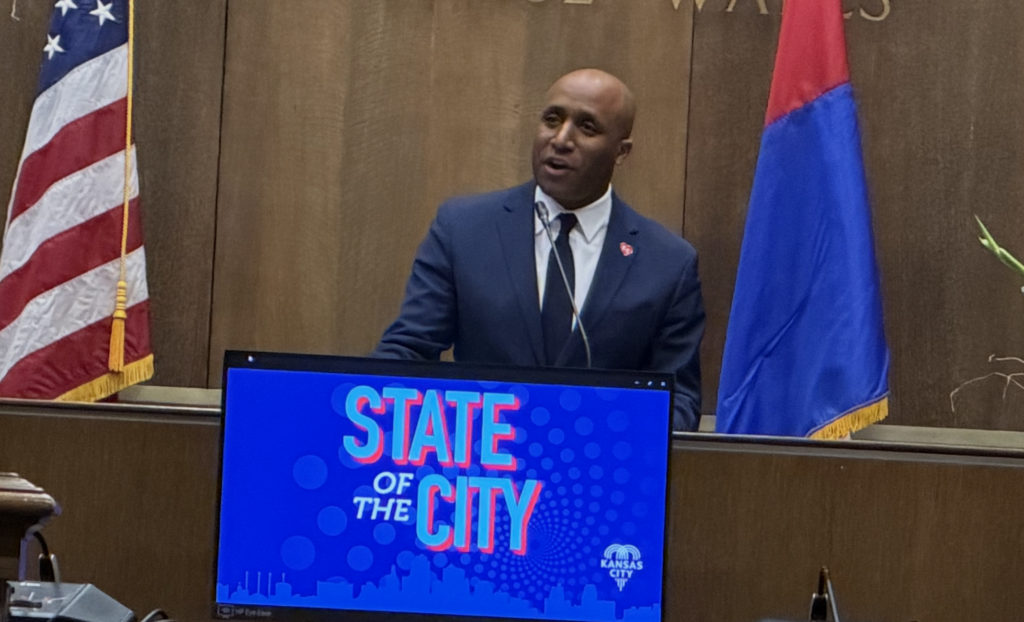Fertile Ground

Paul and Chantill Truss frowned when elected officials declared that Kansas City should continue to push for light rail despite embarrassing losses at the polls. “We were mad,” says Chantill. “It would be a good idea, but they need to take care of the necessities first.”
This sentiment abounds in the Southland neighborhood of Bannister Acres, where the Trusses recently bought their first home. While politicians fill City Hall with hot air about making KC a world-class city, with trains and expensive lofts and bike trails, the air here is filled with an offensive odor. Though annexed in 1961, Bannister Acres still lacks basic sewer service. And now, with the sprawl of the city locking them in, their primitive septic-tank systems are drowning in excess urban runoff and floating a foul stew of their own wastes onto their lawns.
“You just ride through here and you can smell sewer all the way through,” says Paul. “We shouldn’t have to live like that. We’re not animals.”
The American dream has been a nightmare for the Trusses. For years they lived in apartments, scraping together enough money to buy a house with a big yard for their three sons. They looked at dozens of houses before deciding in March to buy the little white one at the corner of 99th Terrace and Eastern Avenue. Like other homes in the area, it had a huge yard — plenty of room for the boys to chase a football.
Within weeks of moving in, Paul began to notice that something wasn’t quite right. The back yard, which dipped down to one of the lowest points in the neighborhood, was perpetually wet. Then, as warm spring days arrived, clouds of stench rose from his yard. “You can stand on my driveway and you can smell it,” Paul says. “I can’t even stand to be on my own deck and barbecue.”
Neighbors told the Trusses that the city had promised sewer hookups in 1961. In 1965, residents chipped in and paid a $110,000 assessment ($605,000 in today’s money) for a main sewer line. It wasn’t long enough to reach their neighborhood.
Unbeknownst to the Trusses, their neighbors had gathered various city officials for two public meetings last summer, where they presented lab results from several putrid puddles in the neighborhood, which revealed high amounts of fecal coliform, a disease pathogen inherent to human waste. In one sample the level was 1,000 times higher than what is considered safe for primary human contact.
The politicians in attendance were appropriately shocked. “This is something we need to get started the day before yesterday, not tomorrow,” said Mayor Pro Tem Alvin Brooks, to a round of raucous applause.
But the city’s tests of the puddle water revealed no imminent danger, and Bannister Acres residents fear they’ll have to live with the smell of their own excrement for another three years or more. “Councilman Brooks and I are trying to assist Bannister Acres residents in putting together an affordable package for public sewers as soon as possible,” Councilman Charles Eddy said in a prepared statement delivered by his assistant.
Bannister Acres residents say that city officials have helped find alternative funding sources, but these fall short of covering the total costs of the project, leaving residents with an $840,000 share.
But the residents of Bannister Acres have little patience for concerns about high-price solutions — not when they hear of $19 million for a bike path or nearly a billion dollars for a train. “You’re beautifying your city,” says Effie Morgan, who has lived in Bannister Acres for twelve years. “You’re making it a beautiful place to live. But right here in your own city, you’ve got people walking around in their own waste.”




